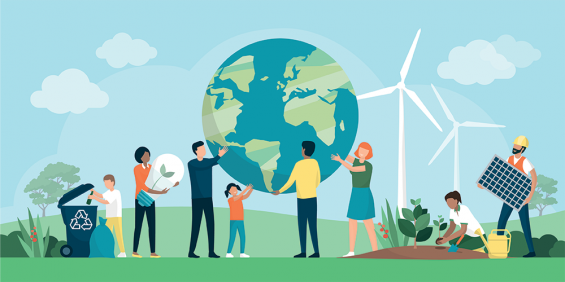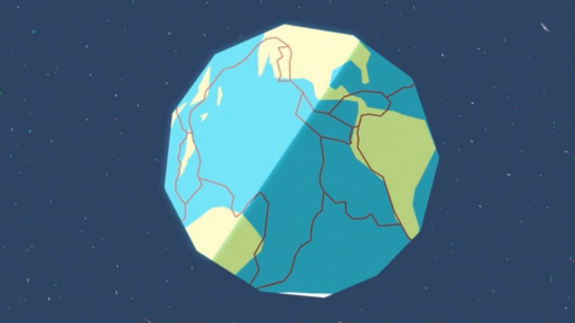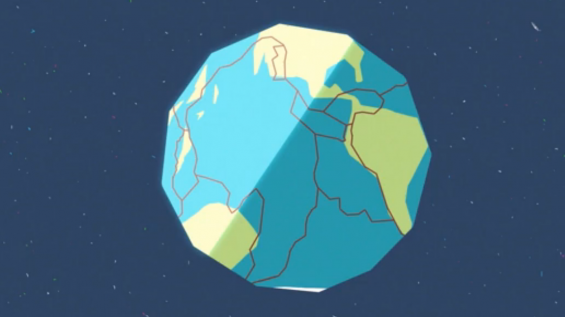
5 TED-Ed Lessons to watch on Earth Day
How do solar panels work? Can wildlife adapt to climate change? How many TED-Ed Lessons include animated Earths, anyway? Here are 5 TED-Ed Lessons (and 1 great TED-Ed video compilation of animated Planet Earths) to watch now:
1. Climate change: Earth’s giant game of Tetris
There’s a game of Tetris happening on a global scale: The playing space is planet Earth, and all those pesky, stacking blocks represent carbon dioxide — a greenhouse gas that is piling up ever more rapidly as we burn the fossil fuels that run our cars, factories and power plants. Joss Fong outlines how this overload of CO2 leads to climate change and reminds us that, unlike Tetris, we won’t get an opportunity to start over and try again. Watch this TED-Ed Lesson below.
2. Why is biodiversity so important?
Our planet’s diverse, thriving ecosystems may seem like permanent fixtures, but they’re actually vulnerable to collapse. Jungles can become deserts, and reefs can become lifeless rocks. What makes one ecosystem strong and another weak in the face of change? Kim Preshoff details why the answer, to a large extent, is biodiversity. Watch this TED-Ed Lesson below.
3. How do solar panels work?
The Earth intercepts a lot of solar power: 173,000 terawatts. That’s 10,000 times more power than the planet’s population uses. So is it possible that one day the world could be completely reliant on solar energy? Richard Komp examines how solar panels convert solar energy to electrical energy. Watch this TED-Ed Lesson below.
4. What really happens to the plastic you throw away?
We’ve all been told that we should recycle plastic bottles and containers. But what actually happens to the plastic if we just throw it away? Emma Bryce traces the life cycles of three different plastic bottles, shedding light on the dangers these disposables present to our world. Watch this TED-Ed Lesson below.
5. Can wildlife adapt to climate change?
With rising temperatures and seas, massive droughts, and changing landscapes, successfully adapting to climate change is increasingly important. For humans, this can mean using technology to find solutions. But for some plants and animals, adapting to these changes involves the most ancient solution of all: evolution. Erin Eastwood explains how animals are adapting to climate change. Watch this TED-Ed Lesson below.
Happy Earth Day! TED-Ed Animation Artist Lisa LaBracio created a short video that highlights the 60 beautifully designed Planet Earths that appear in our 700+ TED-Ed Lessons. Watch the animation medley below. Music by WORKPLAYWORK // Cem Misirlioglu.
For more animated video playlists, sign up here for the TED-Ed weekly newsletter >>




Biodiversity is interesting one out of all i found.
love it